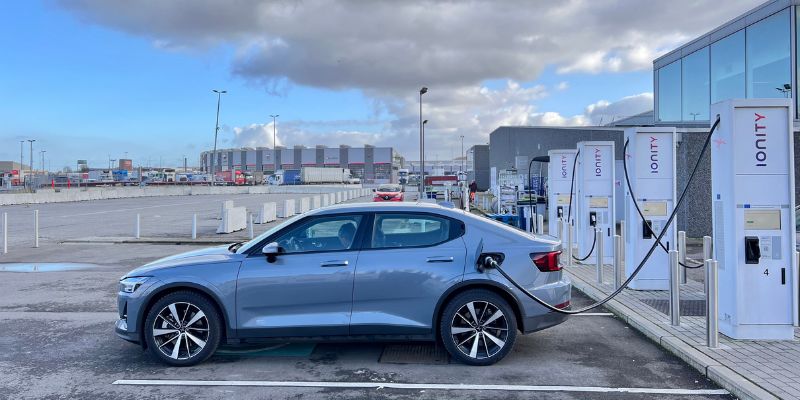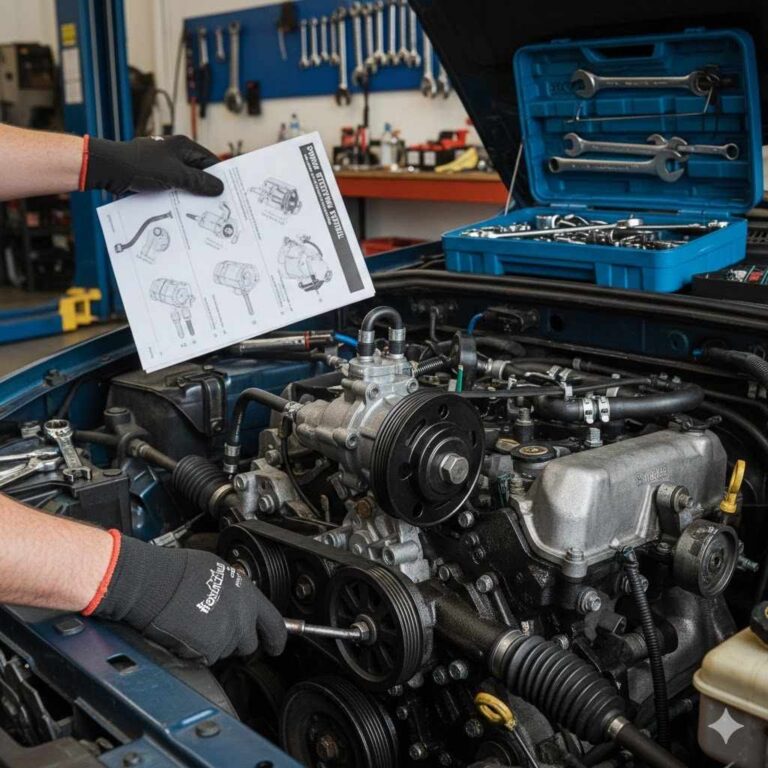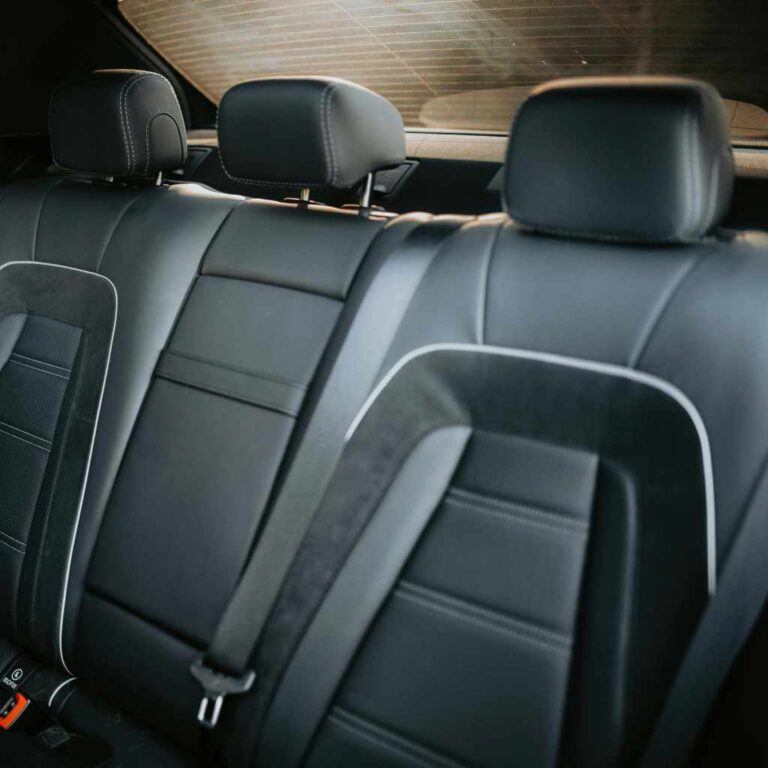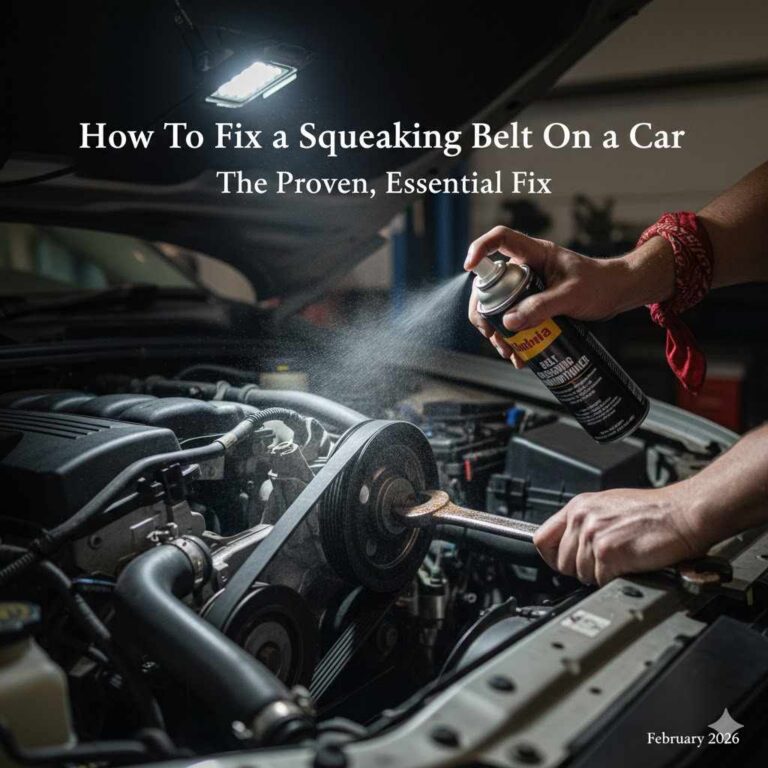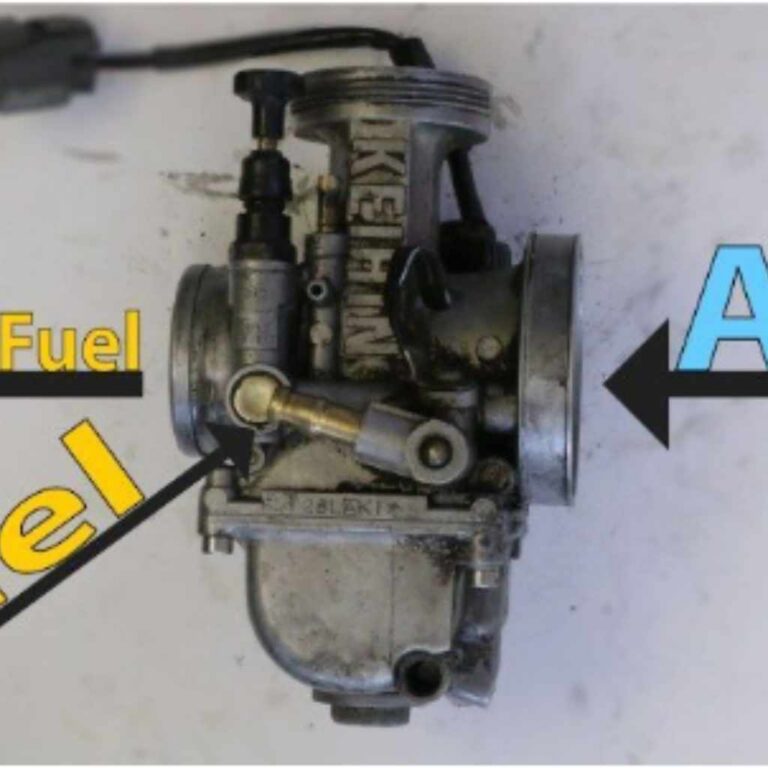What Is the Best Gas for Your Car?
Hey there! If you’re like me, you’ve probably stood at the gas pump, staring at those buttons labeled 87, 89, 91, or even “premium,” wondering which one is truly the best for your car. It’s a question that pops up every time you fill up, especially with gas prices fluctuating and the desire to keep your car running smoothly. I’ve spent a lot of time researching this topic, talking to mechanics, and digging into what makes one type of gas better than another for different cars. So, let’s dive in and figure out what’s the best gas for your car, why it matters, and how to make the right choice without breaking the bank.
Choosing the right gas isn’t just about saving a few bucks. It’s about keeping your engine happy, boosting performance, and even helping the environment a little. Whether you drive a zippy sports car, a family SUV, or a trusty old sedan, I’m here to break it all down for you in a way that’s easy to understand. Let’s explore the ins and outs of gasoline, octane ratings, additives, and more to help you make the best decision at the pump.
Understanding Gasoline and Octane Ratings
Let’s start with the basics. Gasoline isn’t just one thing—it’s a mix of hydrocarbons that powers your car’s engine. The number you see on the pump, like 87 or 91, is called the octane rating. It measures how resistant the fuel is to “knocking,” which is when the air-fuel mixture in your engine combusts too early. Knocking can hurt your engine over time, so picking the right octane is a big deal.
I remember the first time I filled up my car and saw those numbers. I thought higher was always better, but that’s not true. Most cars in the U.S. are designed to run on regular unleaded gas, which is usually 87 octane. Higher octane fuels, like 89 (mid-grade) or 91-93 (premium), are for specific engines—like those in high-performance or luxury cars—that need extra resistance to knocking because of their high compression ratios.
Here’s a quick way to think about it: regular gas is like a basic cup of coffee—it gets the job done for most people. Premium gas is like a fancy latte, only needed if your car’s engine is built for it. Using premium in a car that doesn’t need it is like pouring that latte into a regular coffee mug—it won’t hurt, but it’s a waste of money.
Why Your Car’s Manual Matters
When I bought my first car, I barely glanced at the owner’s manual. Big mistake! Your car’s manual is like a treasure map—it tells you exactly what type of gas your car needs. Most manufacturers list the recommended octane rating right there. For example, my old Honda Civic was perfectly happy with 87 octane, but when I borrowed my friend’s BMW, the manual screamed “premium unleaded only.”
If you’re not sure what gas to use, check your manual or look inside the fuel door—many cars have a sticker there with the info. Using the wrong gas, especially lower octane than recommended, can cause knocking and reduce your engine’s efficiency. On the flip side, using higher octane than needed doesn’t give you extra power or mileage—it just costs more.
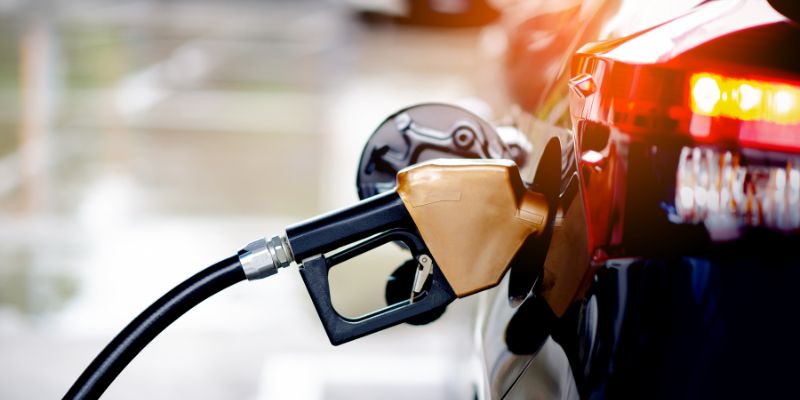
Regular vs. Premium Gas: What’s the Difference?
Let’s break down the difference between regular and premium gas. Regular gas (87 octane) is the most common and cheapest option at most U.S. pumps. It works great for everyday cars like Toyotas, Fords, or Chevys. Premium gas (91-93 octane) is pricier and designed for high-performance engines, like those in sports cars, luxury vehicles, or some turbocharged models.
Here’s a story from my own experience. I once thought splashing out on premium gas for my old minivan would make it run better. Spoiler alert: it didn’t. My van’s engine wasn’t built for premium, so the extra cost didn’t do a thing. The main difference between regular and premium is the octane level, which helps prevent knocking in high-compression engines. Premium gas doesn’t have “better” ingredients—it’s just formulated for specific cars.
Here’s a quick comparison to make it clear:
| Type of Gas | Octane Rating | Best For | Cost |
|---|---|---|---|
| Regular | 87 | Most standard cars (sedans, SUVs, minivans) | Cheapest |
| Mid-Grade | 89 | Some mid-range or older performance cars | Moderate |
| Premium | 91-93 | High-performance, luxury, or turbocharged cars | Most expensive |
Does Brand Matter When Choosing Gas?
You’ve probably noticed that some gas stations advertise “top-tier” gas, while others are just generic. I used to wonder if those big-name brands like Shell, Chevron, or Exxon were worth the extra cents per gallon. Here’s what I learned: top-tier gas brands add extra detergents to their fuel to keep your engine clean. These detergents reduce carbon buildup, which can improve performance and fuel economy over time.
I did a little experiment a few years ago. For six months, I stuck to top-tier gas for my car, and then I switched to a no-name station for another six months. Honestly, I didn’t notice a huge difference in how my car ran, but my mechanic told me that top-tier gas can make a difference in the long run, especially for newer cars with sensitive fuel systems. If you drive a high-mileage car or a performance vehicle, sticking to top-tier brands might be worth it.
Some popular top-tier brands include:
- Chevron
- Shell
- Exxon
- Mobil
- Costco (yes, their gas is top-tier!)
If you’re on a budget, generic gas is usually fine as long as it meets the octane rating your car needs. Just avoid sketchy stations with old pumps or questionable fuel quality.
Ethanol in Gas: Friend or Foe?
Most gas in the U.S. contains up to 10% ethanol (E10), a biofuel made from corn. I used to think ethanol was just a cheap filler, but it actually has some benefits. It burns cleaner than pure gasoline, which is good for the environment, and it’s often cheaper. However, ethanol has less energy than gasoline, so it can slightly lower your fuel economy.
Some stations offer ethanol-free gas, which I’ve tried a few times. My car seemed to run a bit smoother, and I got slightly better mileage, but it’s hard to find and usually costs more. If your car is designed for E10 (most are), there’s no need to hunt for ethanol-free gas unless you notice performance issues.
One thing to watch out for is E85, a blend with up to 85% ethanol. It’s only for “flex-fuel” vehicles, so don’t put it in your regular car by mistake. I once saw a guy at the pump almost fill his sedan with E85—luckily, the attendant stopped him!
Can the Wrong Gas Hurt Your Car?
This is a question I get asked a lot. Using lower-octane gas than your car requires can cause knocking, which might damage your engine over time. Modern cars have sensors that adjust to prevent serious damage, but you might notice sluggish performance or weird noises. On the other hand, using higher-octane gas than needed won’t hurt your car—it’ll just hurt your wallet.
I learned this the hard way with an old truck I used to own. The manual said 89 octane, but I thought 87 would be fine to save a few bucks. After a few weeks, the engine started making a pinging sound on hills. Switching back to 89 fixed it. Lesson learned: stick to what the manufacturer recommends.
Gas for High-Performance Cars
If you’re lucky enough to drive a high-performance car, like a Mustang, Corvette, or Audi, you probably already know that premium gas is usually a must. These cars have high-compression engines that need higher octane to prevent knocking and maximize power. I borrowed a friend’s Porsche once, and let me tell you, filling up with premium gas felt like a punch to my budget, but the car ran like a dream.
If you’re not sure whether your car needs premium, check the manual or ask your dealer. Some cars, like certain turbocharged models, can run on regular gas but perform better with premium. It’s like giving your car a protein shake instead of plain water—it’s not always necessary, but it can make a difference.
Gas for Older Cars
Older cars, like my trusty 1998 Civic, can be a bit pickier. Some older engines were designed for higher-octane gas because fuel standards were different back then. If your car is from the ‘90s or earlier, check the manual or talk to a mechanic. You might need mid-grade (89) or even premium to keep it running smoothly.
I also learned that older cars can benefit from top-tier gas because their fuel systems are more prone to carbon buildup. Switching to a top-tier brand helped my Civic run a little quieter after years of cheap gas.
Gas and Fuel Economy: What’s the Connection?
Does premium gas give you better mileage? I used to believe this myth, but here’s the truth: unless your car is designed for premium gas, it won’t improve your fuel economy. In fact, the extra cost of premium can outweigh any tiny gains. For most cars, sticking to regular gas and keeping up with maintenance—like clean air filters and proper tire pressure—does more for mileage than fancy fuel.
I tested this on a road trip last year. I filled up with premium for one tank and regular for another. The difference in miles per gallon was barely noticeable, and my wallet definitely felt the premium hit harder.
Environmental Impact of Your Gas Choice
Let’s talk about something that’s been on my mind lately: the environment. Choosing the right gas can make a small difference. Fuels with ethanol, like E10, burn cleaner and reduce emissions, which is a plus for air quality. Some stations also offer “reformulated” gas, which is designed to reduce smog in certain areas.
If you’re eco-conscious, you might also consider gas stations that support renewable energy or carbon offset programs. It’s not a huge impact, but every little bit helps. I’ve started paying attention to where my gas comes from, and it feels good to make a slightly greener choice when I can.
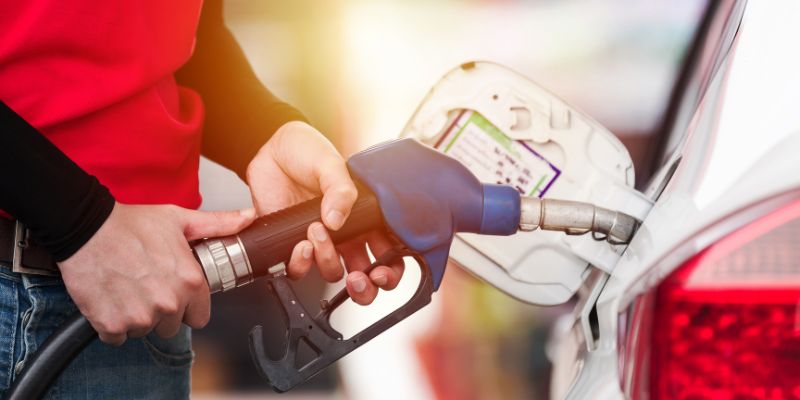
Tips for Choosing the Best Gas
Here are some practical tips I’ve picked up over the years:
- Check your manual: It’s the best guide for your car’s needs.
- Stick to top-tier brands: Especially for newer or high-performance cars.
- Avoid overbuying octane: Don’t waste money on premium if your car doesn’t need it.
- Fill up at reputable stations: Clean pumps and fresh fuel matter.
- Consider your driving habits: If you do a lot of stop-and-go city driving, top-tier gas might help keep your engine clean.
Conclusion
Choosing the best gas for your car doesn’t have to be a headache. After years of filling up different cars and experimenting with regular, premium, and top-tier brands, I’ve learned that the right choice comes down to what your car’s manufacturer recommends. For most of us, regular 87 octane from a reputable station is all we need to keep our engines humming. If you drive a high-performance car or an older model, you might need to splurge on premium or mid-grade, but always check your manual first.
The key is to balance performance, cost, and maintenance. Stick to top-tier brands when you can, avoid sketchy stations, and don’t fall for the myth that premium gas is always better. By making informed choices at the pump, you’ll keep your car running smoothly, save a few bucks, and maybe even do a little good for the planet. Next time you’re at the gas station, you’ll know exactly which button to press—and why.
FAQs
What happens if I use regular gas in a car that needs premium?
If your car requires premium gas and you use regular, you might hear knocking or pinging noises, especially during hard acceleration. Modern cars can adjust to prevent major damage, but long-term use of lower-octane gas can hurt performance and efficiency. I once made this mistake with a friend’s car, and it felt sluggish until we switched back to premium.
Is premium gas worth the extra cost?
For most cars, no. If your car’s manual says 87 octane is fine, premium won’t give you better mileage or power. I tested this myself and found no real difference. But if your car requires premium, like many sports cars do, it’s worth it to avoid engine issues.
Can I mix regular and premium gas?
Yes, you can mix them, and it won’t hurt your car. The octane rating will end up somewhere in between. I’ve done this when a station was out of mid-grade gas, and my car ran fine. Just don’t make it a habit if your car needs a specific octane.
Does top-tier gas really make a difference?
Top-tier gas has extra detergents that keep your engine cleaner, which can help with long-term performance. I noticed a slight improvement in my car’s smoothness after switching to top-tier, but it’s not a huge difference for every car. If you drive a newer or high-performance vehicle, it’s a good choice.
Is ethanol-free gas better for my car?
Ethanol-free gas can offer slightly better mileage and performance, but most cars are designed for E10 (10% ethanol). I tried ethanol-free gas once, and the difference was small. Unless your car specifically needs it, E10 is fine and usually cheaper.

